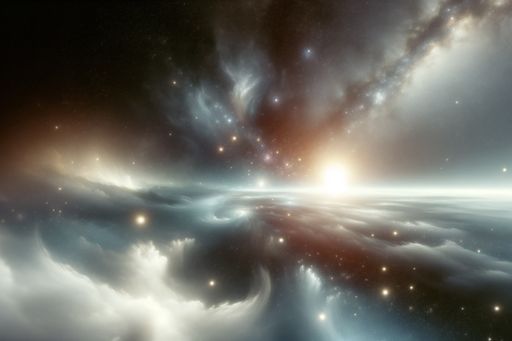Asteroid Will Pass in Front of Bright Star Betelgeuse to Produce a Rare Eclipse Visible to Millions
One of the biggest and brightest stars in the night sky will momentarily vanish as an asteroid passes in front of it to produce a one-of-a-kind eclipse.

A Rare and Fleeting Spectacle
The rare and fleeting spectacle, late Monday into early Tuesday, should be visible to millions of people along a narrow path stretching from central Asia’s Tajikistan and Armenia, across Turkey, Greece, Italy and Spain, to Miami and the Florida Keys and finally, to parts of Mexico.
The star is Betelgeuse, a red supergiant in the constellation Orion. The asteroid is Leona, a slowly rotating, oblong space rock in the main asteroid belt between Mars and Jupiter.
Astronomers hope to learn more about Betelgeuse and Leona through the eclipse, which is expected to last no more than 15 seconds.
Enhancing the View
Binoculars and small telescopes will enhance the view for those wishing to catch a glimpse of this rare occasion.
By observing an eclipse of a much dimmer star by Leona in September, a Spanish-led team recently estimated the asteroid to be about 34 miles wide and 50 miles long.
There are lingering uncertainties over those predictions as well as the size of the star and its expansive atmosphere. It’s unclear if the asteroid will obscure the entire star, producing a total eclipse. Rather, the result could be a 'ring of fire' eclipse with a minuscule blazing border around the star.
The Intriguing Event
If it’s a total eclipse, astronomers aren’t sure how many seconds the star will disappear completely, perhaps up to 10 seconds.
“Which scenario we will see is uncertain, making the event even more intriguing,” said astronomer Gianluca Masa, founder of the Virtual Telescope Project, which will provide a live webcast from Italy.
An estimated 700 light-years away, Betelgeuse is visible with the naked eye. Binoculars and small telescopes will enhance the view. A light-year is 5.8 trillion miles.
Fascinating Facts about Betelgeuse
Betelgeuse is thousands of times brighter than our sun and some 700 times bigger. At just 10 million years old, Betelgeuse is considerably younger than the 4.6 billion-year-old sun.
It’s so huge that if it replaced our sun, it would stretch beyond Jupiter, according to NASA.
Scientists expect Betelgeuse to be short-lived, given its mass and the speed at which it’s burning through its material.



